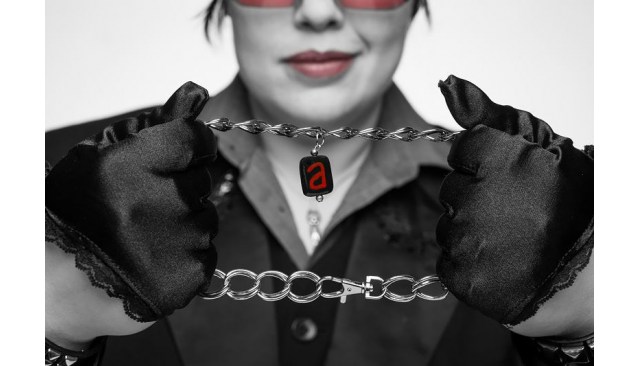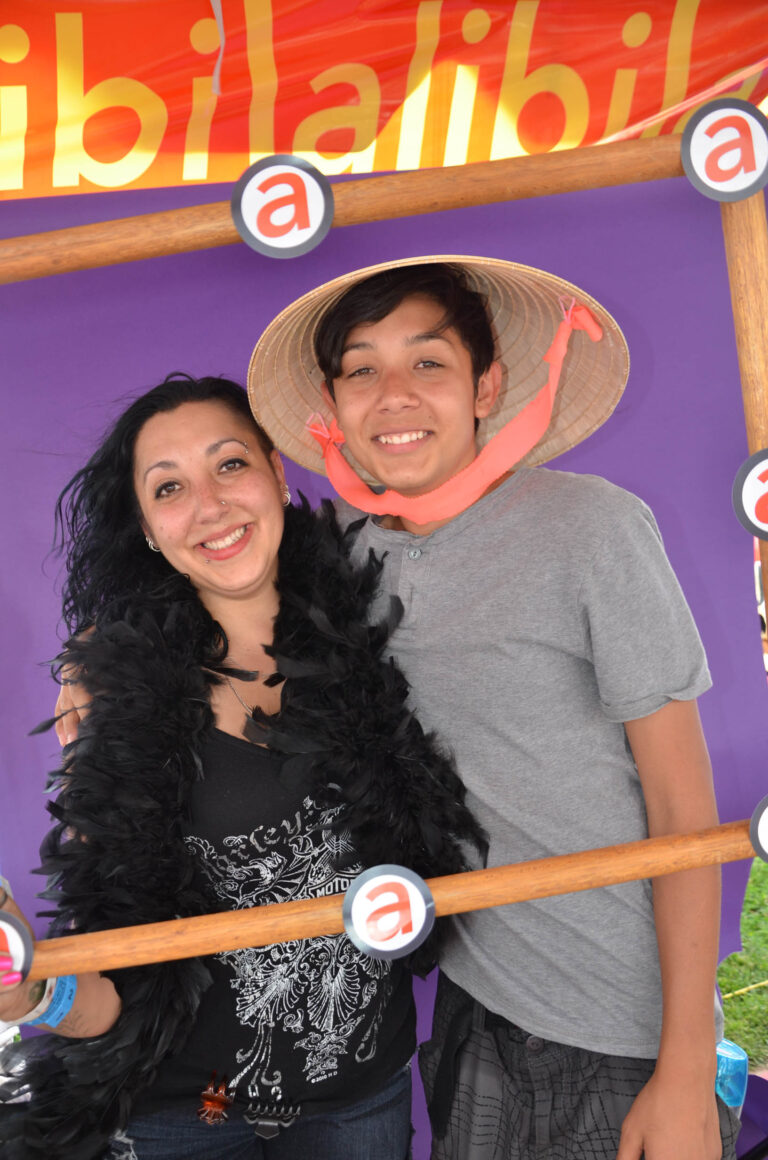(Albuquerque, NM)— Attorney General Patricia Madrid warns New Mexico charities and non-profit organizations to be aware of a scam involving counterfeit money orders from out of state donors.
Attorney General Madrid warned, “It's unfortunate to think that someone would scam a charity, but New Mexico charities should be cautious about large donations that are made using money orders, especially now during the Holidays. Remember that money orders and cashier's checks are not as good as cash. Always wait for notification that a check has cleared before you allocate the funds from an especially large cashier's check or money order.”
Teen Challenge of New Mexico, an Albuquerque-based program that assists drug- and alcohol-addicted youth, received an e-mail from a person identifying himself as “Troy Harm” and asked for more information about the program. In subsequent e-mails to Lin Hall, Executive Director of Teen Challenge, “Troy Harm” offered to make a donation, which arrived in the form of five $1,000 money orders.
After receiving the money orders, Kathy Hall, Assistant Executive State Director, responded by e-mail to “Harm” thanking him for his donation and notified him that the funds had been received. In addition, Mr. Hall sent a “thank you” letter to express his gratitude for the donation. But a week later, “Harm” contacted Mr. Hall via an e-mail stating that his secretary had made an error and sent twice the donation he had intended. “Harm” requested that Hall keep $2,500 as a donation and wire the extra $2,500 to an orphanage in Africa. Hall became suspicious and presented the money orders to his bank for their inspection. The bank confirmed that the money orders were counterfeits and were handed over to the United States Postal inspector and agents from the FBI.
Mr. Hall said, “Several red flags began to pop up and give us concern. First, the grammar in the e-mails was very poor and seemed improper for a person who was a world traveler, employed a secretary and could make a large financial contribution. In addition, we were concerned about how the entire matter had been handled and how a person donating a large amount of money could make a mistake of the magnitude involved in this matter. Another concern, was the request to wire funds. We could have more easily returned part or all of his contribution with a company check or cashiers check. The way he asked us to wire the money caused me to be concerned that we were being scammed.”



